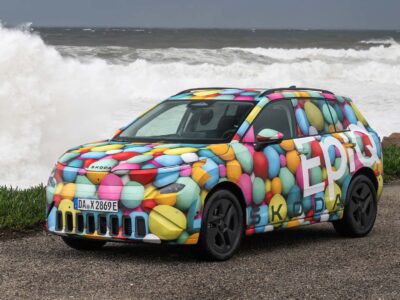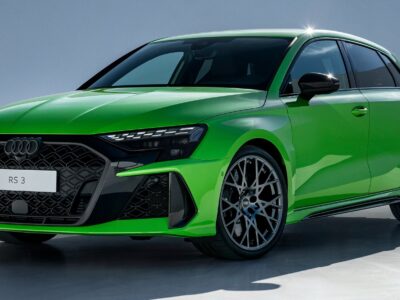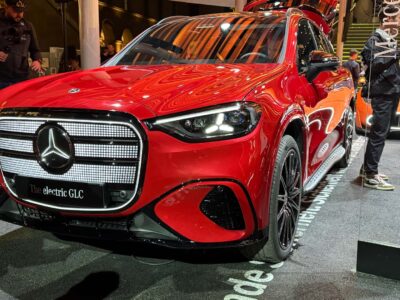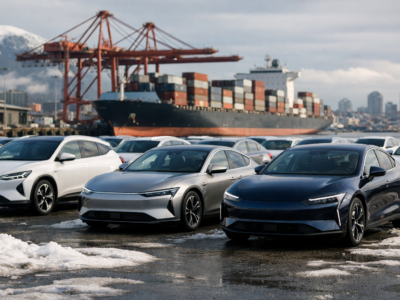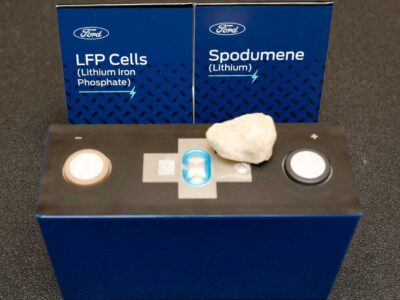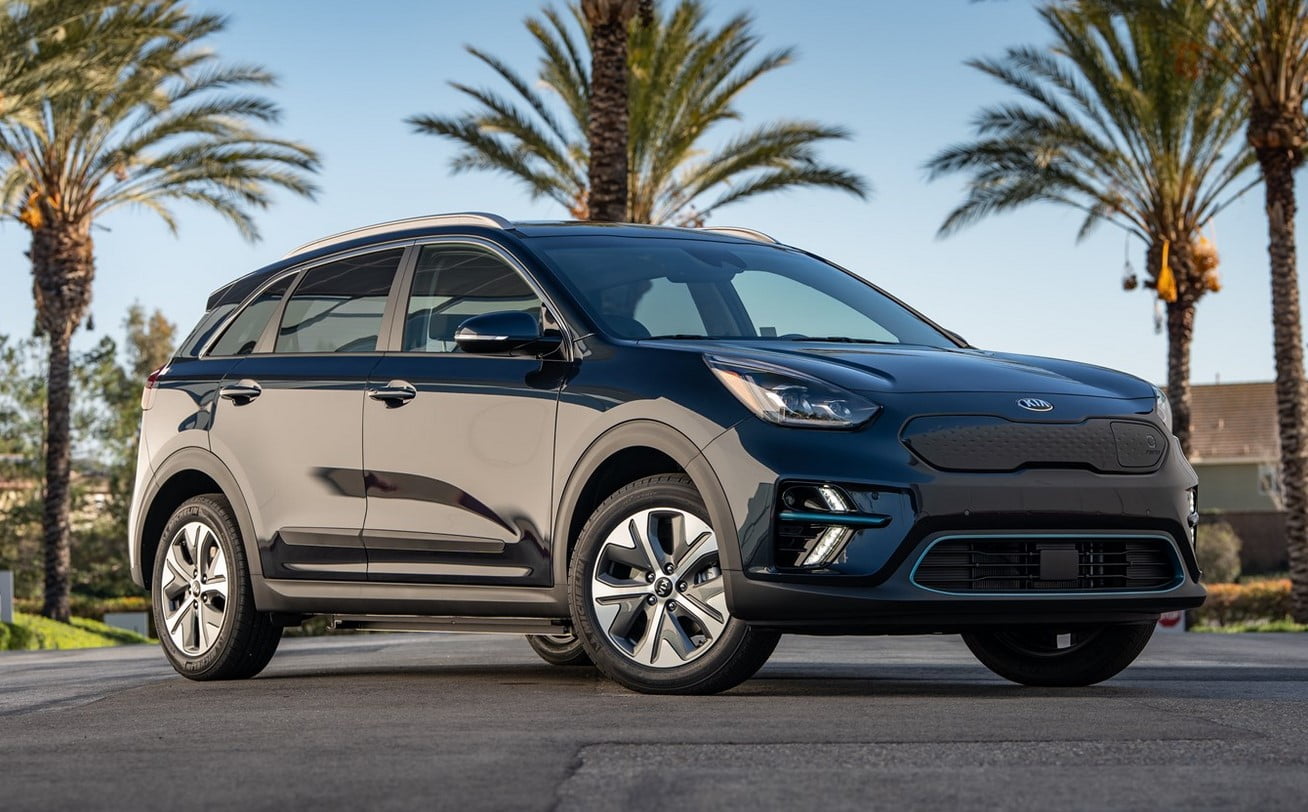
The first Kia Niro EV models are being recalled due to components in the power control unit that may have been improperly sealed. However, the recall is very small and only affects 872 vehicles from the 2020 model year.
The recall involves the electric power control unit (EPCU), one of the most critical and expensive components in an EV. It controls the flow of power throughout the drivetrain, so if compromised, significant issues could arise.
According to a recall report published by the NHTSA, this inadequate sealing could allow coolant to leak into the EPCU and onto its circuit board, which, in turn, could cause the vehicles to stall while driving.
Kia first noticed the problem, which involves components purchased from a supplier, in the European market, according to the report. The issue was rectified by the supplier on July 6, 2020, and it is confirmed that 2020 Niro EVs manufactured from September 5 of that year onward have properly sealed EPCUs.
Owners of the affected vehicles will be notified when to take them to a Kia dealership, where the EPCU will be inspected for internal coolant leaks, and if necessary, replaced at no cost.
This is not the first recall related to sealing that has surfaced recently. Proper sealing is one of the essential elements for almost all major vehicle components, EV or not, but the market recall of the battery pack for the GMC Hummer EV stands out as a particularly significant oversight in recent months.
The Hyundai Kona Electric, from Kia’s parent company, was subject to a large battery recall. Although some outlets have erroneously reported them as related, they are different vehicles built with different battery packs: the Hyundai with an LG pack and the Niro EV with SK Innovation cells.
Compared to the very different competitive set of affordable electric vehicles that was present almost four years ago, the first-generation Niro EV drove well and had above-average range. The 2023 Niro EV has been redesigned but is not as favorable in the U.S., primarily due to the loss of the $7,500 EV tax credit for the model assembled in South Korea.



